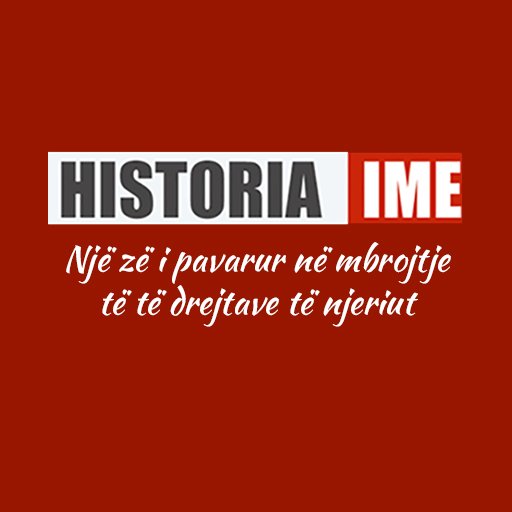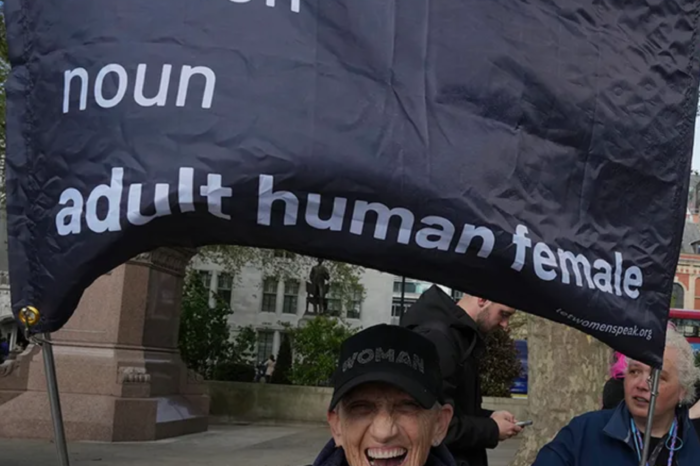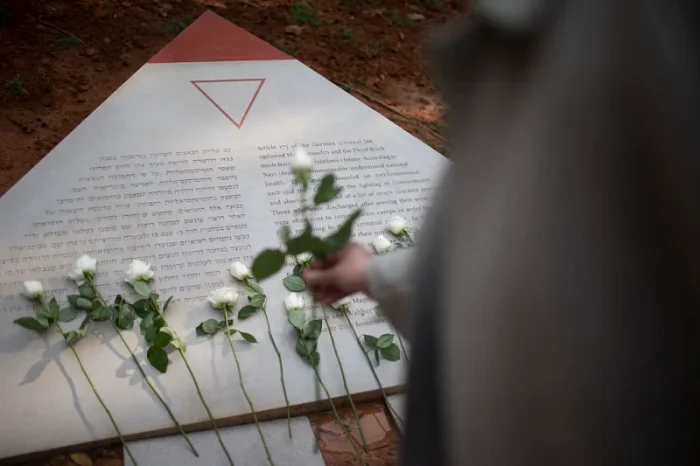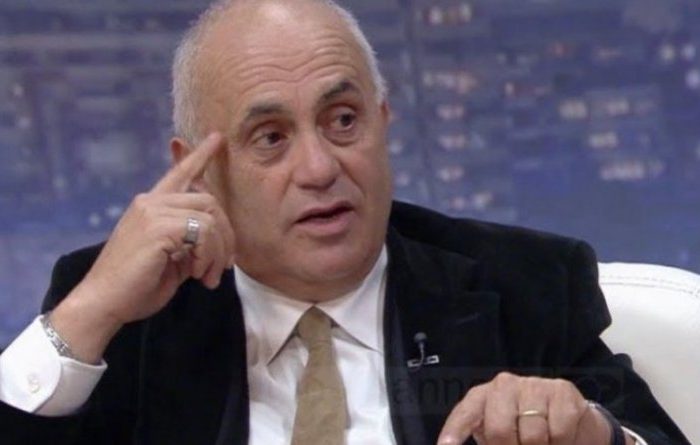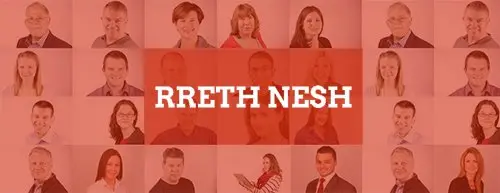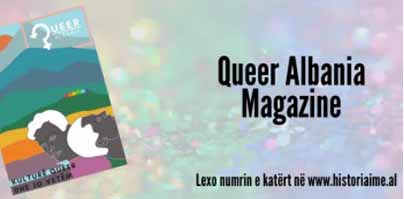Issues to access the health system for vulnerable groups in Albania
The closing activity of the week against homophobia was “Access to Health and Protection from Discrimination for Vulnerable Groups”, a discussion organized today by Civil Rights Defenders.
The roundtable discussion with representatives from human rights organization and the Commissioner for Protection from Discrimination raised dozens of health-related concerns for vulnerable groups starting with the lengthy and complicated processes for the disability status; hospitalization of patients with mental health problems; violations of health rights for intersex persons; barriers to access the health care system for LGBTI people and many other issues.
Blerta Çani from the Albanian Disabled People Foundation and Erinda Bllaca from the Center for Rehabilitation from Trauma and Torture shared the view that PWDS is one of the most vulnerable groups to whom is given less attention by the government, donors, society and the media.
Bllaca also raised the concern that disability status has become a complicated, corrupted and a long process. Other problems raised for people with disabilities include prolonged treatment, hospitalization, decision-making without consent; lack of transparency, etc.
Prolonged hospitalization has caused the use of beds in the Elbasan Hospital today to go up 150% with more than 340 patients and only three supervisor doctors. These numbers were given by Kristina Voko from BIRN Albania.
Olimbi Hoxha of the Association of Persons Living with HIV / AIDS said that the barriers to access the health system for LGBTI people are related to stigma and discrimination, poverty, mentality and cultural barriers, housing, legal barriers and many others.
A great deal of interest during the discussion was given to intersex persons. Edlira Papavangjeli said there is too little information on the characteristics of intersex, either by doctors or parents. Physicians see them as a disorder and try to “regulate” them by turning them into traditional female or male.
The medical staff is not very familiar with intersexuality; they see it as a disorder, not as a change in sex development. In Albania, there is no multidisciplinary medical team to work with intersex babies as well as with their parents. In the case of surgical interventions, there are also violations of health rights, as they are done by the doctors with the parents’ request and without the consent of the persons.
According to lawyer Anisa Metalla from TLAS, in Albania, the numbers of surgical interventions registered in QSUT have been increasing, bringing the number to over 300 interventions per year. Another issue relates to the fact that these operations are recorded by doctors as hyperplasia and not intersex.
Attending the meeting, Robert Gajda, the Commissioner for Protection from Discrimination, said that closer co-operation between civil society organizations and the CPD institution is needed to denounce cases of discrimination and to influence the proper legal changes.
